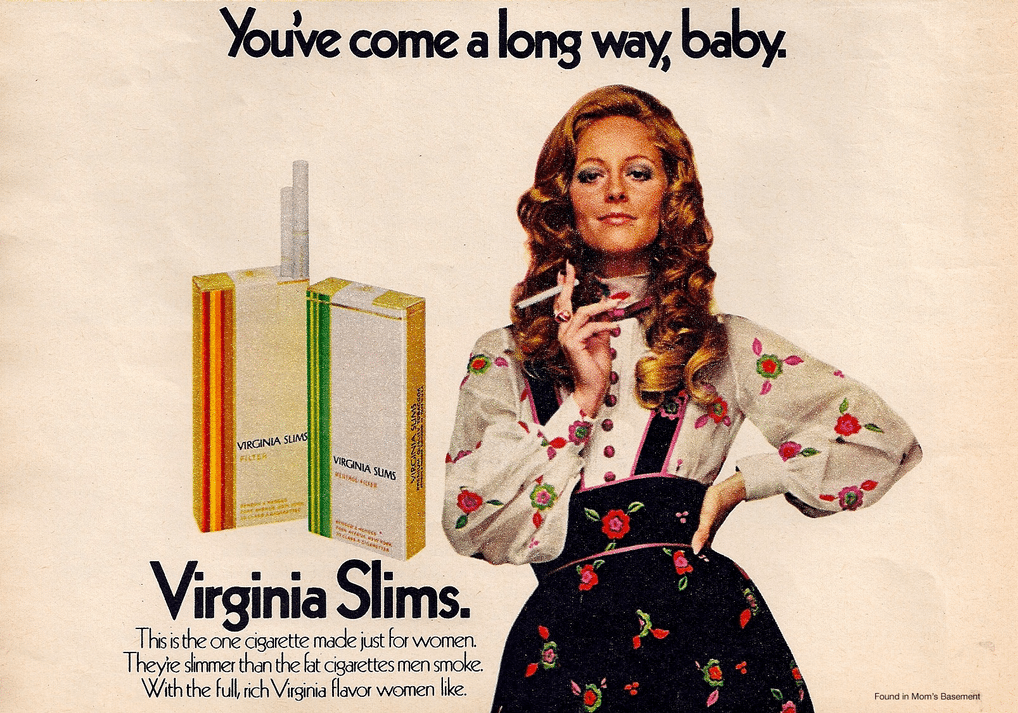Art and Culture
Lifestyle Feminism, Because You're Worth It
Conflicting and contradictory messages about modern feminine identity inflames ambivalence.

Women’s magazines, both online and offline, host advertising on their pages and on their websites. The articles in women’s magazines and news-sites are incidental. “Content” exists merely as a delivery device for advertising.
Next to the checkout in the supermarket you can spot magazine covers with stories about celebrities who are “too thin” next to stories about celebrities who are “too fat”. Mixed messages hit an audience where it hurts. At the same time as triggering female insecurity, magazines encourage women to be “empowered” by presenting different ways in which it can be bought in the form of fashion tips and beauty advice.
Herein lies the hook: conflicting and contradictory messages about modern feminine identity inflames ambivalence. Media influence encourages women to self-obsess over the most trivial minutiae. Women’s unstable identity is then remedied through the act of consumption. If you can’t be confident about who you are or what you are doing with your life, at least you can be confident about what you buy. Say Media, the web advertising firm who own xoJane state on their website:
The lines are blurring between where readers consume content, how they buy things, and how all of the ideas generated from lifestyle content turn into either identity, or preference, or purchase behavior. Our technology platform seamlessly integrates content and marketing into an experience that connects with readers in personal ways.
When integrating content and marketing advertisers rely on a few repetitive themes: happiness, youth, success, status, luxury, fashion, and beauty. “Independence” and “empowerment” is just another one of these themes. Marketing company PHD describe their “encourage/empower” marketing strategy like this –
Monday is the day to encourage the beauty product consumer to get going and feel beautiful, so marketing messages should focus on feeling smart, instant beauty/fashion fixes, and getting things planned and done. Concentrate media during prime vulnerability moments, aligning with content involving tips and tricks, instant beauty rescues, dressing for the success, getting organized for the week and empowering stories.





